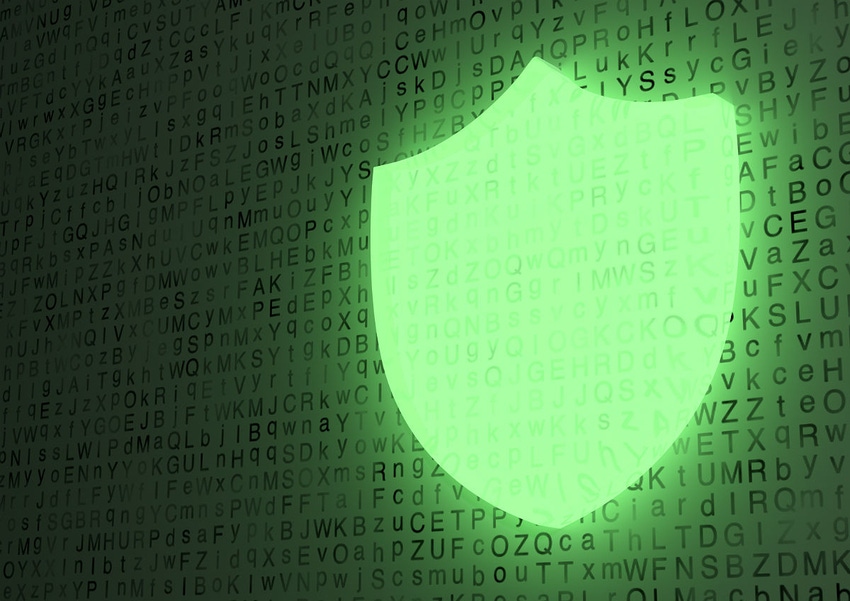Security pros don't believe current U.S. defense and government agencies are prepared to respond.

Most of the cybersecurity industry’s most experienced professionals believe that a major breach of U.S. critical infrastructure will occur in the next two years, and they don’t believe current U.S. defense and government agencies are prepared to respond.
That’s according to “Portrait of an Imminent Cyber Threat,” a survey of nearly 600 cybersecurity professionals by Black Hat. About 40 percent of the survey respondents work in critical infrastructure industries, including utilities, health care, financial services and government.

Black Hat’s Steve Wylie
Steve Wylie, Black Hat’s general manager, tells Channel Partners it’s clear from the survey that security leaders are not confident in the technology and services they’ve gotten so far, and are expecting more breaches in the near term. This indicates that security is still a very open market — enterprise leaders are looking for ways to provide their organizations with stronger defenses, he said.
“One point that is made very clear in the survey is that security professionals are short-staffed and short-skilled,” he said. “This suggests that there are opportunities for outsourced services, as well as training and consulting. And on the technology side, there is a strong need for automation tools that enable enterprises to make better use of their people.”
In addition, the cost of security technology, combined with the shortage of skilled people, has left a lot of SMBs without the security resources they need, Wylie said.
“Based on the survey findings, it would seem that there is an opportunity for channel providers to step into that SMB security market, providing turnkey security solutions, and human consulting and resources to help secure SMBs that don’t have those resources internally,” he said.
Only one in four (26 percent) surveyed are confident that the U.S. government and defense forces are equipped and trained to respond appropriately to an oncoming attack. Almost half (47 percent) said the Trump administration’s impact on cyber defense will be negative, while one-quarter (26 percent) believe it will be positive, and 27 percent are neutral.
As for what’s making the United States less secure, nearly 70 percent of respondents said recent activity from Russia and China has made U.S. enterprise data less secure, and more than 60 percent believe corporations should develop special online defenses to protect their critical data from state-sponsored hacking, the survey revealed.
Attackers’ growing use of WikiLeaks to publish stolen information also has diminished the community’s trust in the nation’s ability to defend itself. More than three in five (60 percent) of respondents believe WikiLeaks is impacting the way corporations and government agencies conduct operations. Support for WikiLeaks still is split among today’s professionals, as more than 30 percent oppose the work done by WikiLeaks, 31 percent favor it and 37 percent remain neutral.
“One thing that’s surprising is the respondents’ level of certainty about forthcoming breaches, both in critical infrastructure and in the enterprise itself,” Wylie said. “The responses don’t just indicate that breaches might happen; they indicate that many breaches will happen in the next year or two. We have the top security people in their organizations saying that we should expect major compromises. It would seem to be a warning and a wake-up call that enterprises need to pay more attention to cybersecurity threats.”
Additional key findings include:
36 percent of those surveyed believe the increased use of ransomware remains the most serious new threat faced by cybersecurity professionals.
50 percent cited phishing and social engineering as their greatest concerns, while 45 percent fear sophisticated attacks targeted directly at their own organizations.
Nearly 70 percent said they do not have enough staff to meet the threat of a major security breach in the next 12 months and nearly 60 percent feel they do not have adequate budgets.
A separate survey by Guidance Software shows an increasing number of enterprises are preparing to respond to a major breach in the coming year.
Read more about:
AgentsAbout the Author(s)
You May Also Like


